Reviewed by: Y. Garcia
When Apple introduced its digital car key technology in 2020, using an iPhone or Apple Watch to unlock and start a car felt futuristic. Fast-forward to today, and the idea has real traction, especially with the news that Cadillac is joining Apple’s growing list of supported automakers.
Apple originally launched this digital wallet functionality to transform iPhones and Apple Watches into virtual car keys, working first with brands like BMW, Hyundai, and Mercedes-Benz, as Mashable notes. Apple has since said 13 more vehicle brands will "soon" support iPhone car keys, according to Mashable, bringing the total to 33.
That is the leap from luxury novelty to mainstream tech, a sign that digital keys are moving from early adopters to everyday drivers.
What makes Cadillac's entry particularly significant?
Here is the twist. Cadillac joining Apple’s Car Key ecosystem is not just another logo on a slide; it clashes with GM’s broader smartphone stance in an interesting way.
Apple has already added backend support for General Motors vehicles, including Cadillac, Chevrolet, and GMC, according to Dataconomy. Meanwhile, GM plans to phase out Apple CarPlay and Android Auto in favor of its own system in EVs, as reported by Yahoo. Sounds contradictory, right? GM is saying no to phone projection on dashboard screens, yet yes to Apple’s digital key.
The message, Yahoo further explains, is to control the in-car interface, keep the data, but embrace the phone as a secure credential that makes life easier.
That playbook may appeal to other brands trying to balance convenience with owning the infotainment experience.
How does the technology actually work behind the scenes?
Picture this: you walk up to your car with your iPhone in your pocket. No tapping, no fumbling. It is more than simple Bluetooth proximity. Under the hood, three wireless technologies tag-team the job: Near-field communication, Ultra wideband, and Bluetooth, MacRumors reports.
Depending on the automaker’s setup, your car can unlock from a short distance or only when you are right next to it, Mashable explains.
The security lift comes from how these radios work together. Ultra wideband provides cryptographically secure distance measurement, making relay attacks far harder, according to MacRumors. It can tell not just that you are present, but how far away you are, down to centimeters, using encrypted time-of-flight checks in real time.
Key material stays inside a secure element on the phone, hardware isolated from the rest of the system, MacRumors notes. Even with a dead battery, you can fall back to NFC for access, MacRumors adds. The protocol bakes in defenses against hacking and spoofing, MacRumors confirms. Put together, that is often tougher to beat than a regular key fob that relies on simple radio bursts.
What's driving the rapid market expansion?
The numbers tell the story. The global digital car key market could grow from about $2.1 billion in 2022 to $11.6 billion by 2031, according to VicOne. Not a minor upgrade, a platform shift.
Forecasts call for a 17.2% compound annual growth rate from 2024 to 2031, with nearly 60 million units shipping annually by the end of that window, Cadillac Forums reports. Translation: this is on track to go from a premium add-on to a standard kit.
Watch China for a preview of what is coming. Digital key installations in passenger cars jumped 53.0% year over year in 2023, hitting a 33.0% installation rate, MacRumors data shows. Once you try phone-as-key, the old fob starts to feel like a relic.
When can Cadillac owners expect this feature?
About that magic word, “soon.” Apple has confirmed Cadillac’s inclusion in the expanding Car Key ecosystem, but rolling it out takes coordination across companies and systems.
Apple has not shared exact timelines or rollout details for any of the 13 newly announced brands, Research and Markets indicates. No 2026 model-year Cadillac supports Digital Key yet, and GM has said the 2026 GMC Sierra EV will offer a standard Digital Key feature, activated after production via an over-the-air update, GM Authority reports.
And it is not just a software push. Apple’s backend work is one piece; automakers still have to finish their in-vehicle implementation, hardware, security certification, and the whole checklist, Dataconomy explains. Based on prior rollouts, testing, and validation can run 12 to 18 months after the initial announcement, which points to 2026 or early 2027 model year timing for Cadillac.
The bigger picture: where digital keys are heading
Cadillac’s move into Apple Car Key fits a broader push to fix compatibility headaches that used to plague digital keys. Industry groups like the Car Connectivity Consortium and the FiRa Consortium are aligning on shared standards, MacRumors reports, so you spend less time wondering which phone works with which car.
The CCC Digital Key Release 3.0 adds hands-free passive entry and engine start using Ultra-Wideband and Bluetooth Low Energy, 9to5Mac notes. That is not just a spec bump; it lays the groundwork for genuinely universal access across brands and devices.
Major tech and auto players are already on board, including Apple, Google, and BMW on the standard, with automakers like Acura, Porsche, and Rivian rolling out phone-as-key features, VicOne confirms. The upshot is that we are headed toward a world where digital keys just work, no matter your phone or your badge.
Standards also unlock practical perks that would stall in siloed systems, easier temporary access sharing, smoother rental and fleet use, and simpler family key management. That interoperability will matter as digital keys spread to car sharing, fleets, and delivery.
Bottom line: Cadillac’s upcoming Apple Car Key support is more than convenience. It signals the auto industry’s push for seamless digital experiences while companies like GM still steer their own infotainment destiny. Timelines are fuzzy, sure, but the runway is set for your iPhone to become the only key you reach for.




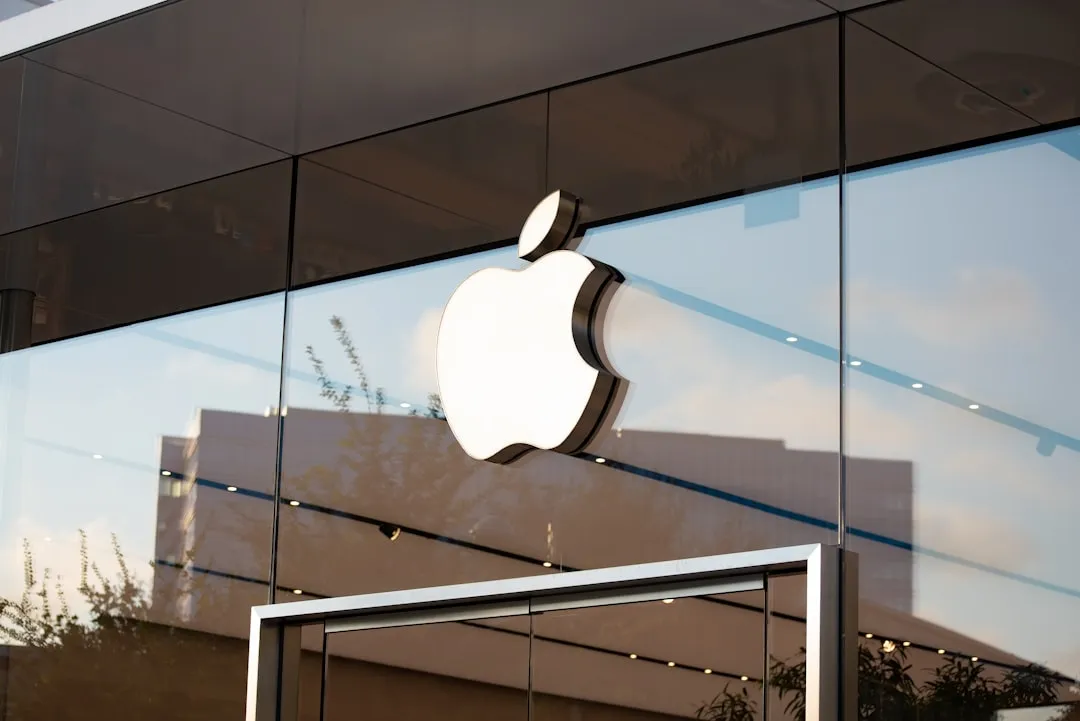
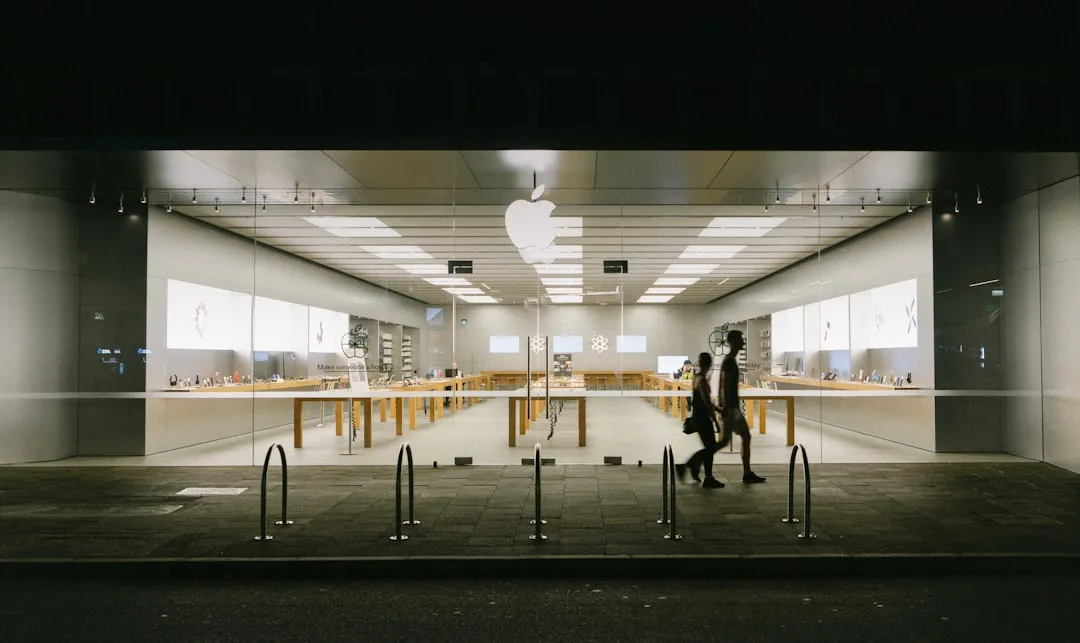
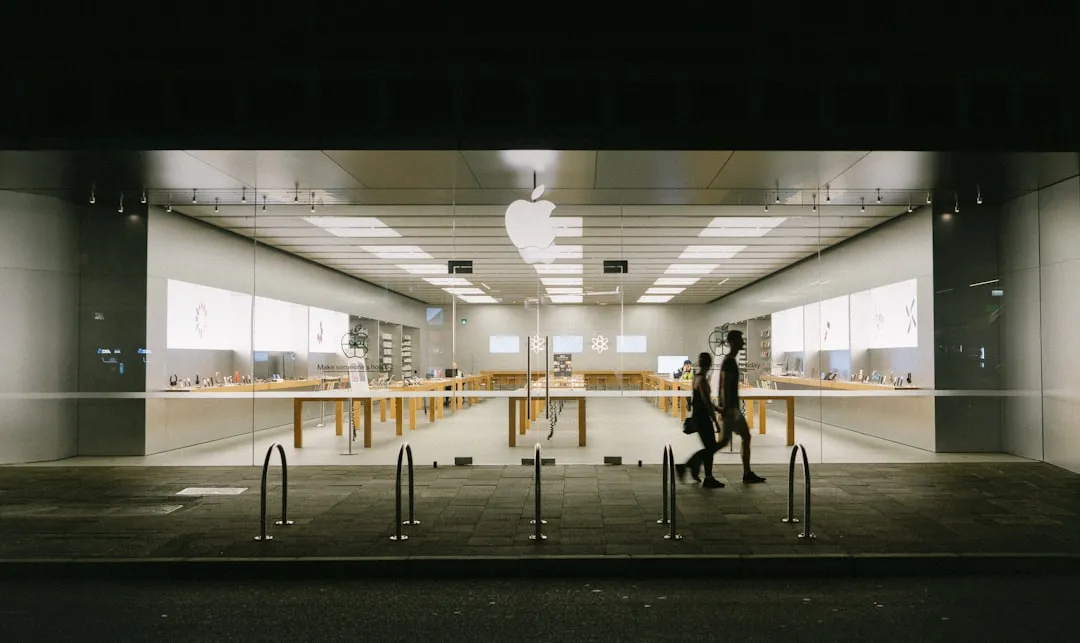

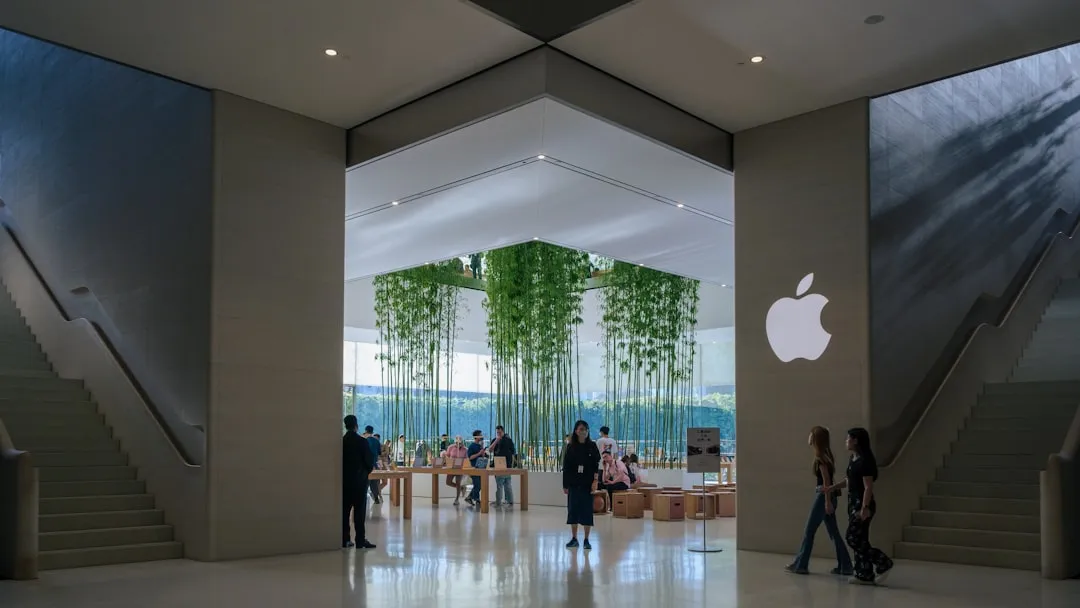
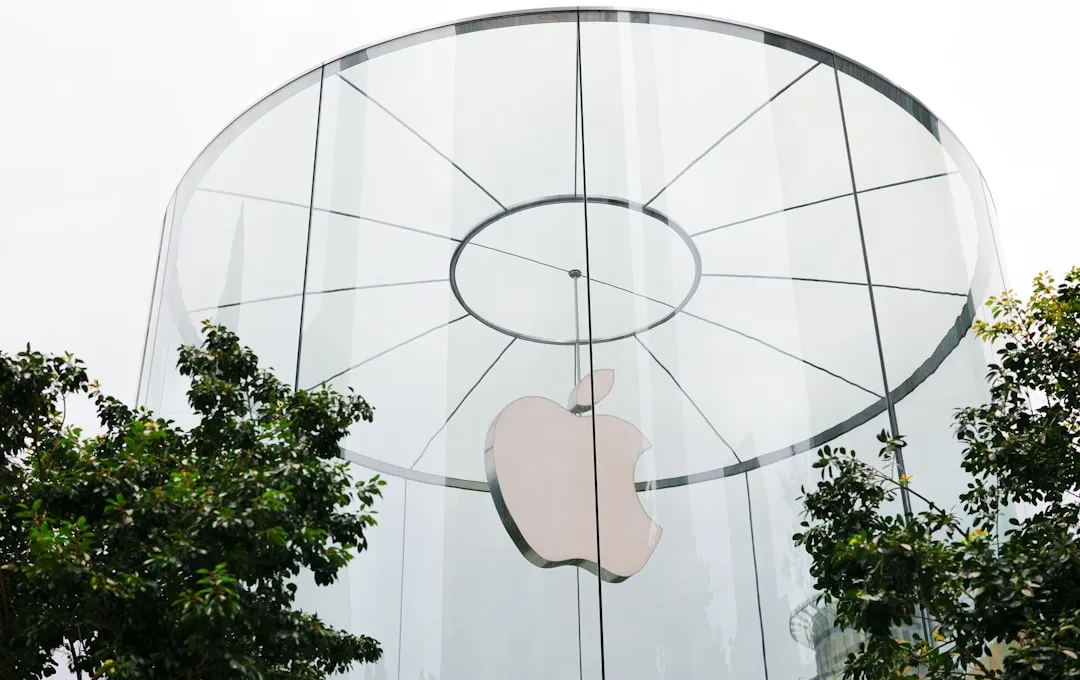
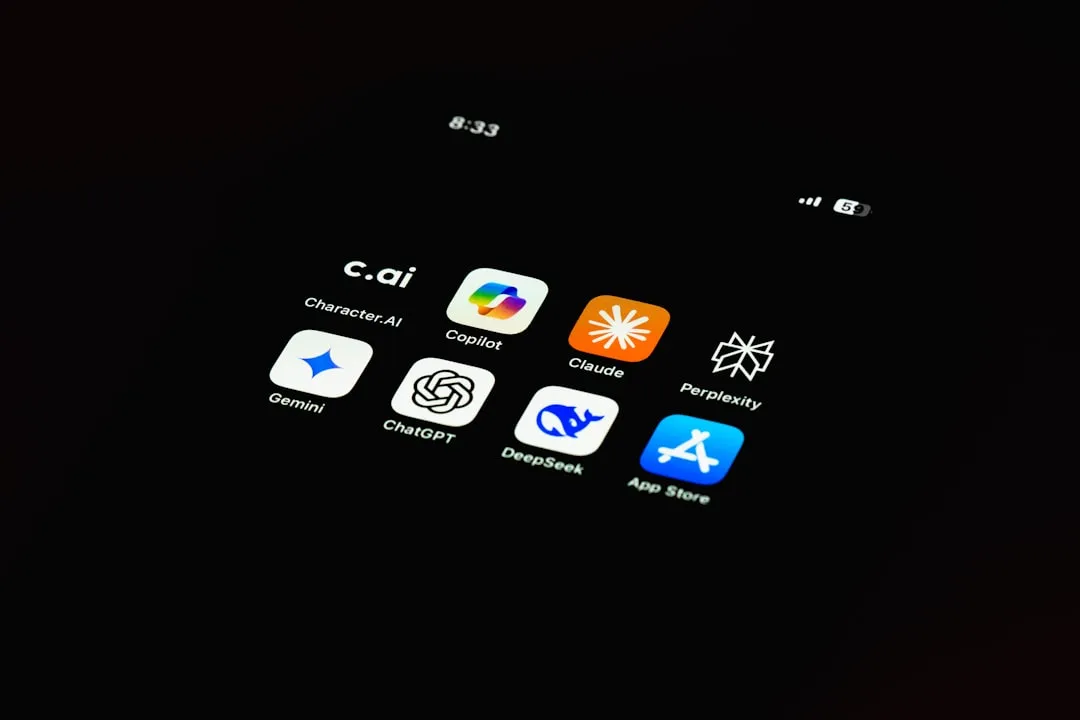
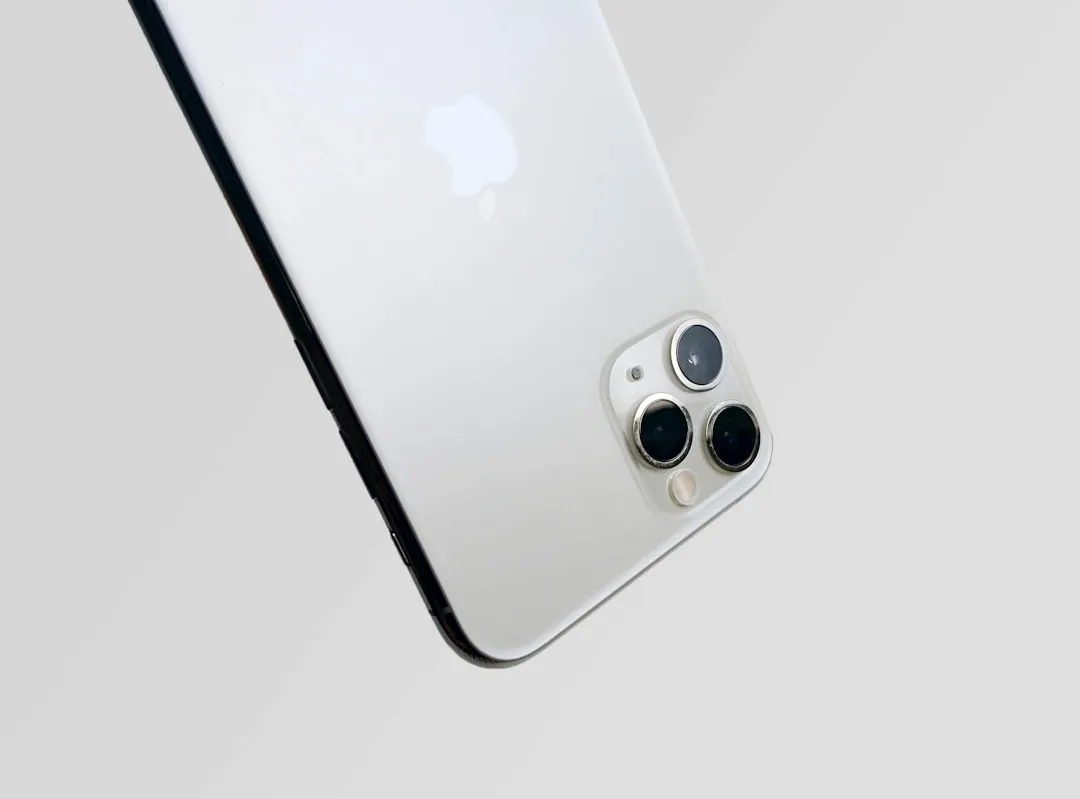
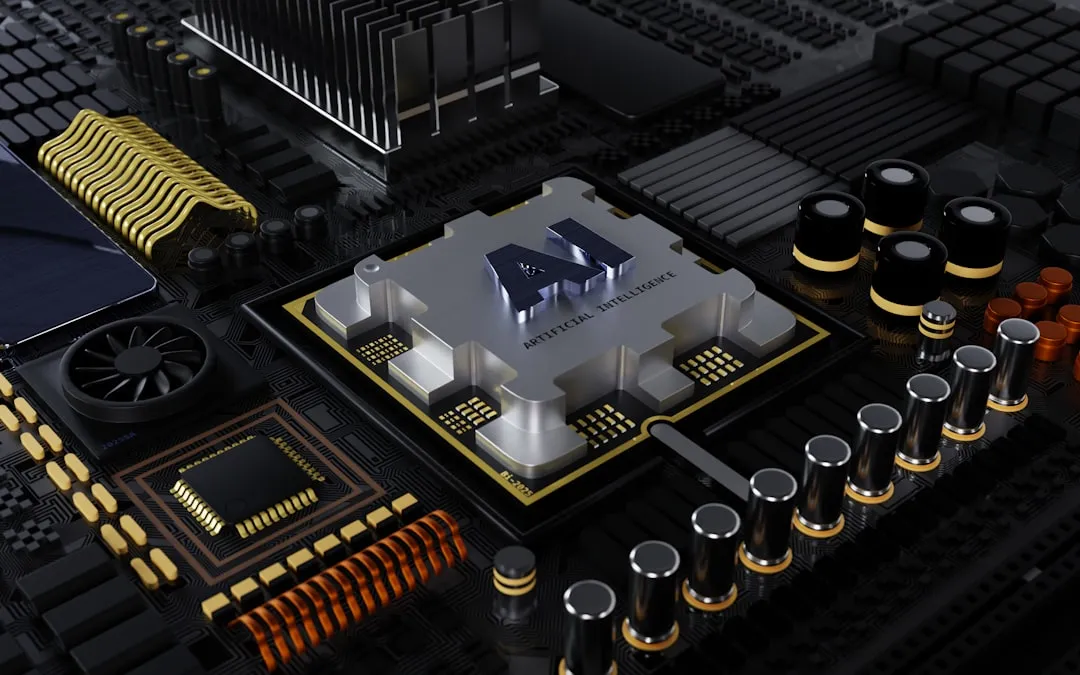
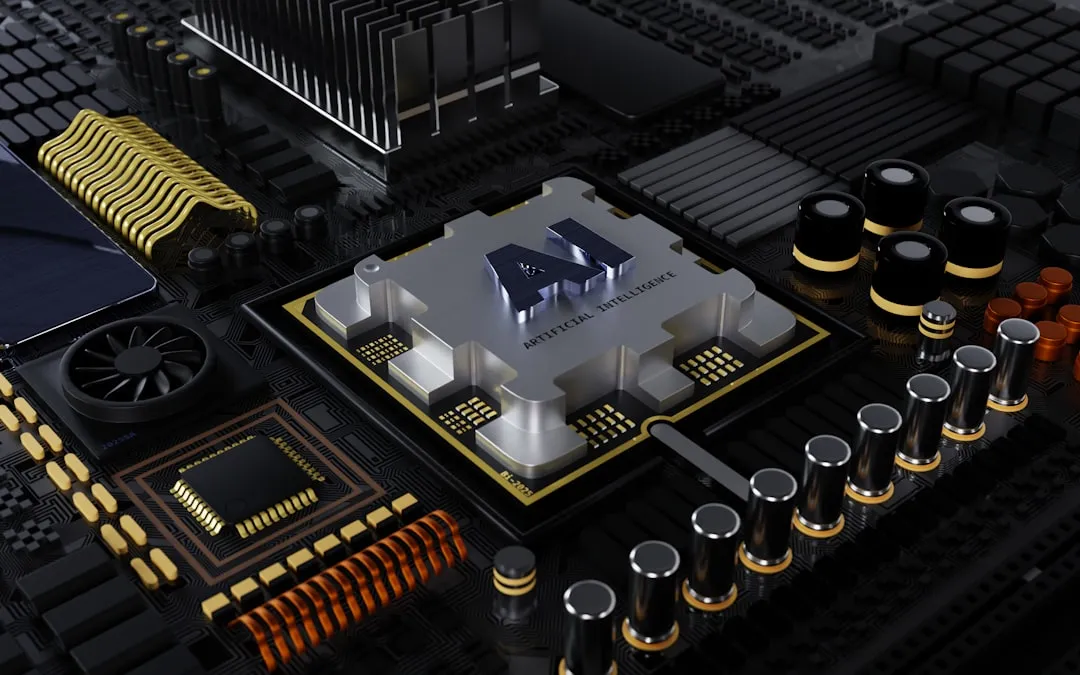
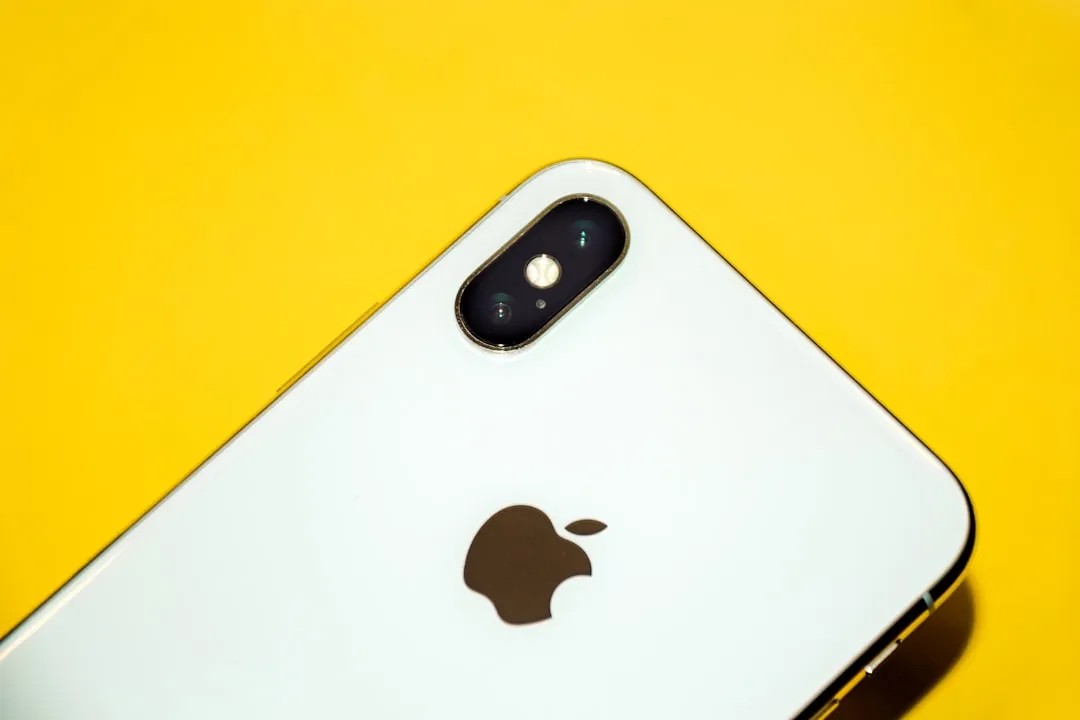

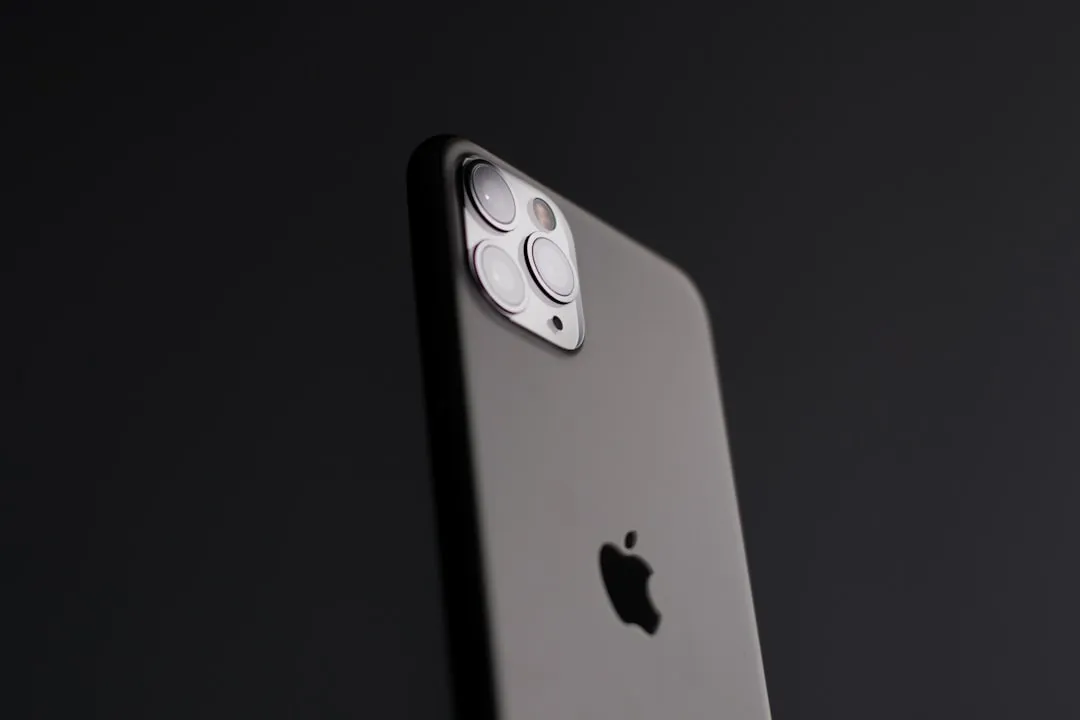


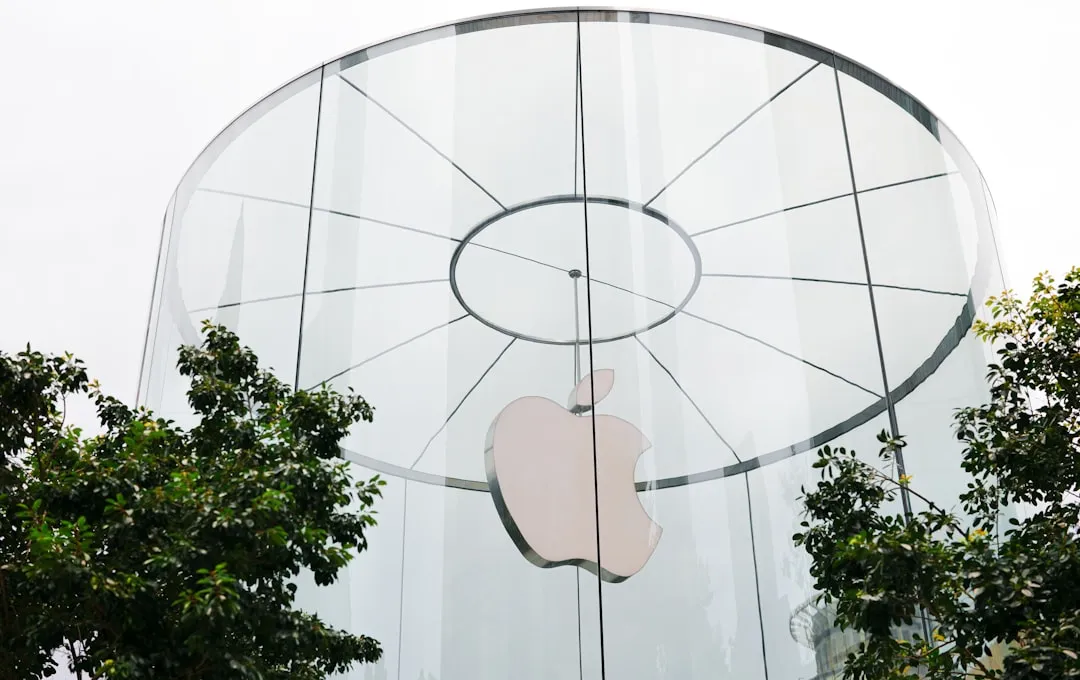
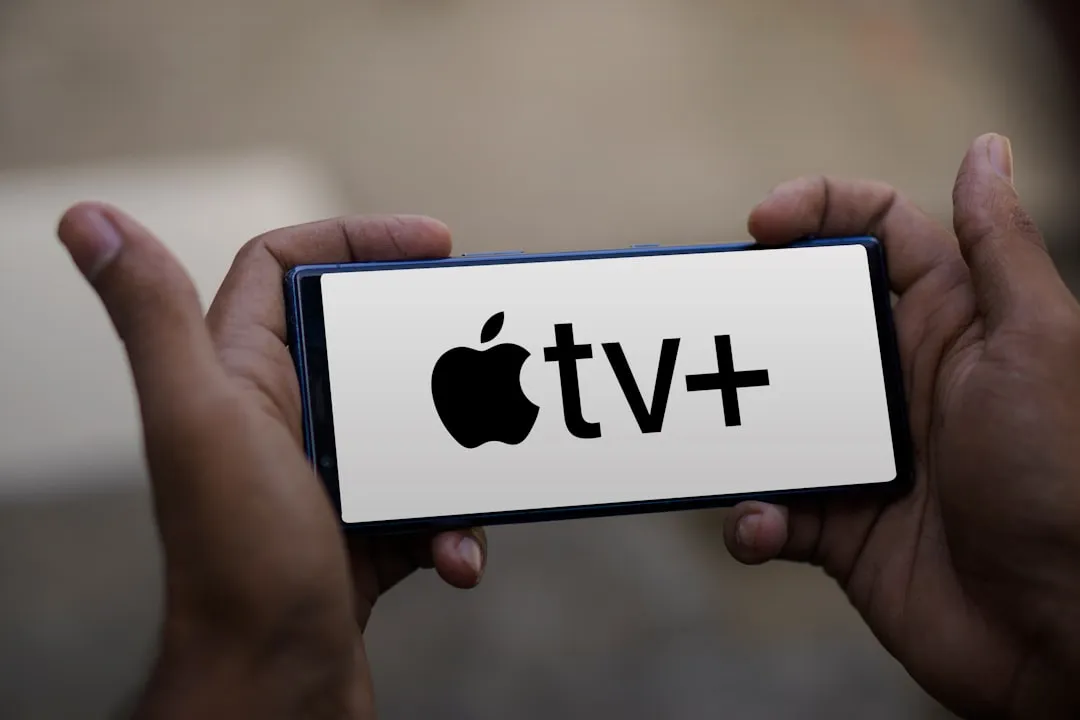
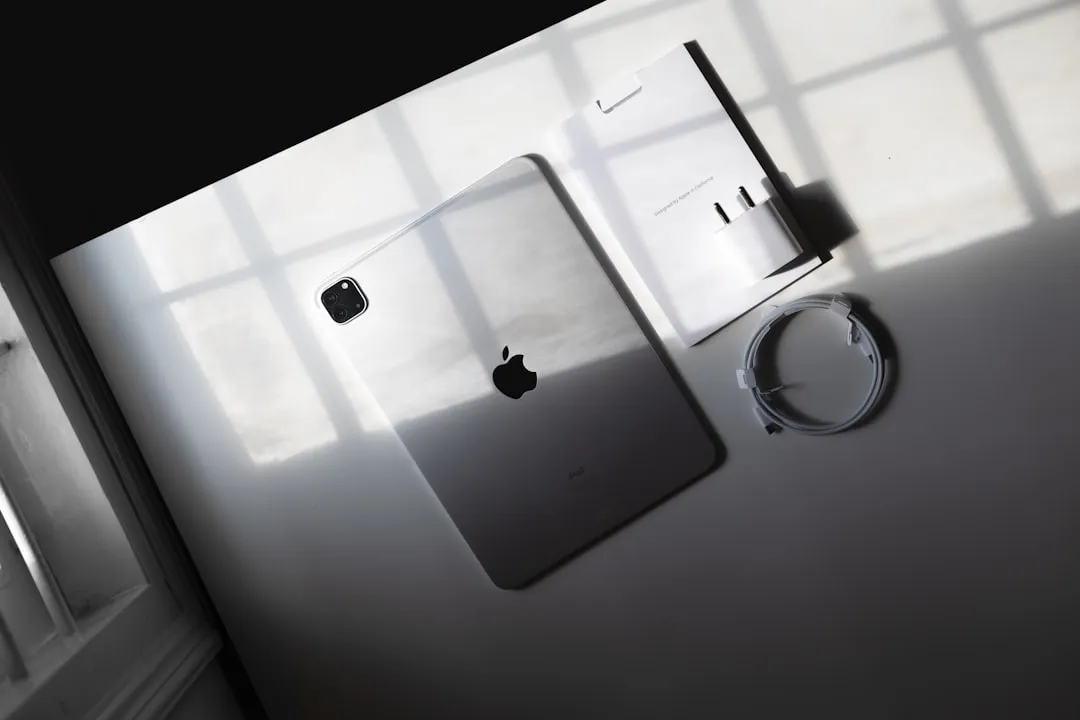
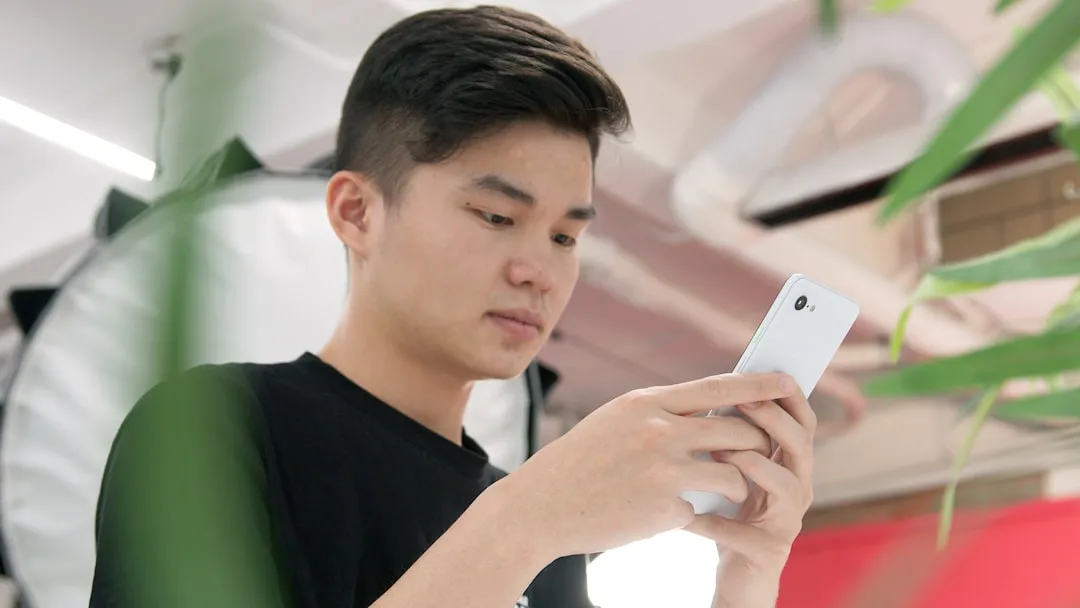
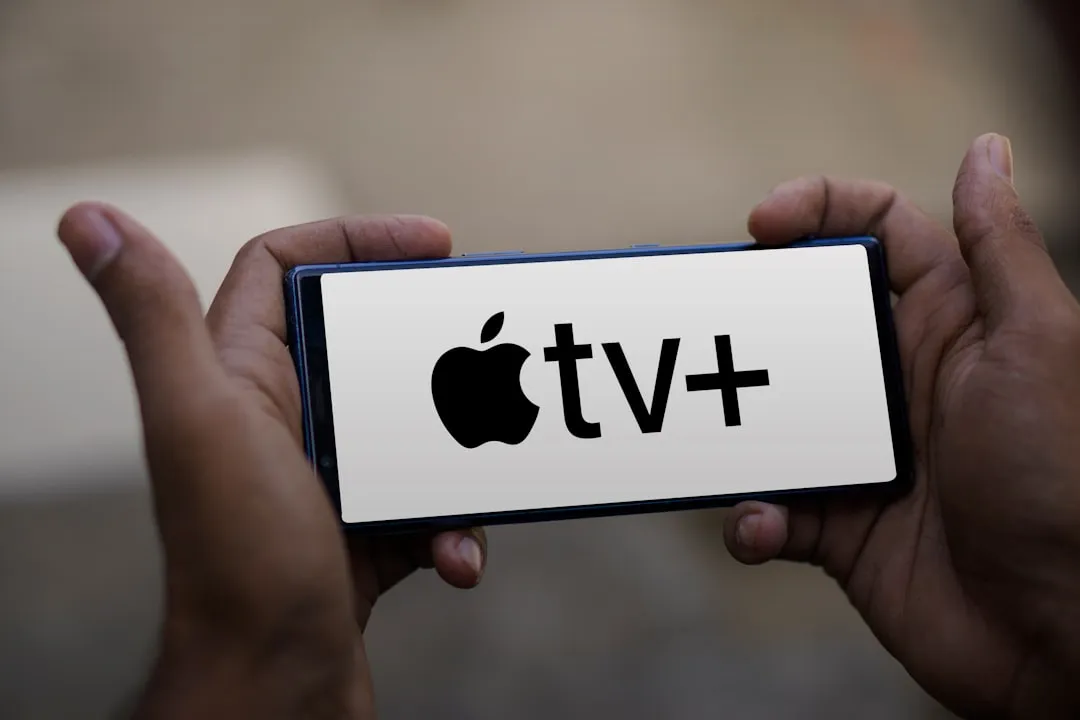

Comments
Be the first, drop a comment!